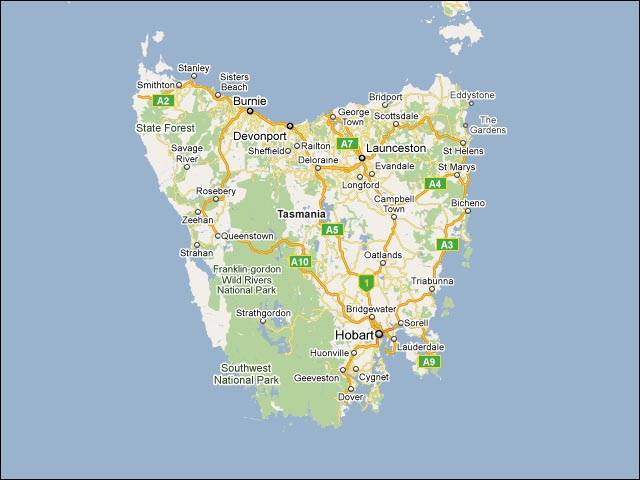The Tasmanian State Government has lifted the lid on a major overhaul of the way it buys voice and mobile telecommunications services, in an initiative which could see other providers take more of the telco spending pie it currently mainly allocates to Telstra.
Late last week the state published a request for information document seeking submissions from companies interested in servicing its needs, asking for a statement on what products and services could be provided, as well as views on how it should deliver voice services to its staff for the next ten years. It appears this story was broken by ZDNet.com.au.
Much of the State Government’s telecommunications processes are managed by TMD, a division of its Department of the Premier and Cabinet. TMD currently manages more than 25,000 government end point devices — usually telephones — through its TASINET managed fixed voice service — with the majority being delivered through Telstra’s CustomNet Spectrum platform.
There are other platforms which deliver voice services to the State Government as well — for example, IP telephony installations. Around 500 services use Microsoft’s Office Communications Server platform within departments such as DPC and the Department of Education corporate offices. In total, TMD services over 30,000 staff across more than 1,200 sites in the state in total (including TASINET). The State also has some 10,000 mobile phones, of which a number are delivered by Optus, as well as Telstra.
It’s not the first time Tasmania has gone to market to refresh its telecommunications contracts over the past few years, as competition has gradually increased in the state. In 2006, for example, TMD was again the driving force behind putting the State Government’s extensive data networking services contract — known as ‘Networking Tasmania’ — out to market. ‘Networking Tasmania II’ was eventually signed as a new contract with the existing supplier Telstra, as the end result of a competitive tendering process.
At the time, the Government said it would investigate the voice component of its arrangements at a future date.
The news comes as large organisations are increasingly tying their voice and data networks together at both the underlying transit layer and at the endpoint. For example, when Optus won a $500 million deal with Australia and New Zealand Banking Group in May 2009, the bank said it would overhaul its infrastructure to provide a single voice and data network.
Tasmania will be no exception to this trend.
“The Government expects that in the future, voice and data services will be provided predominantly over a single, convered multi-service network — supported by a Government-owned IPv6 address allocation,” it wrote in its request for information documents.
The State’s current voice services contract with Telstra ends in March 2012, with its mobile contracts with Telstra and Optus to end later. But they will still be considered as part of the contract. It will move to the procurement stage of the initiative in early 2011, with the aim of finishing the procurement by 2012 and have started transition planning.
Image credit: Delimiter screenshot of Google Maps


I don’t think it’s any secret that TMD is referred to in various parts of the state as “Fortress Telstra” – it will be interesting to see if this is a genuinely competitive RFI, or if it’s just a “going through the motions” nod and a wink to the big T.
I’d hope it’s the former, considering how much Bartlett has flogged Telstra since he became premier for being a bad deal for Tasmania.
Comments are closed.